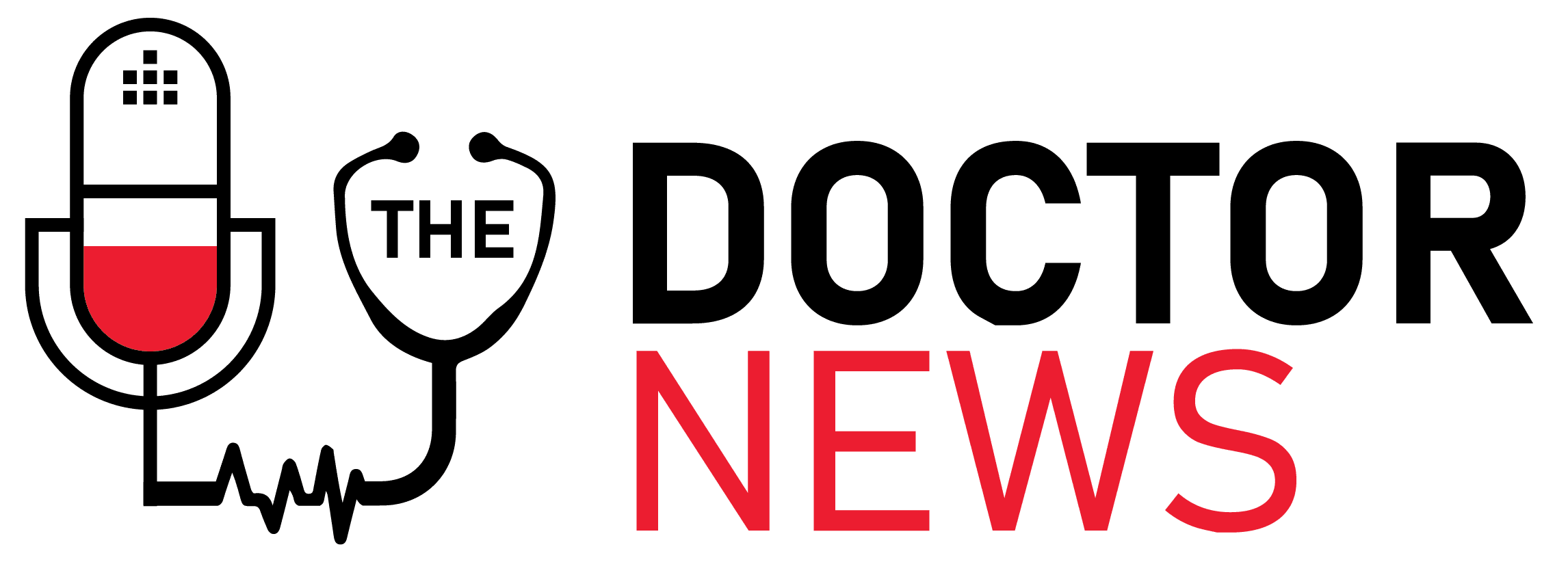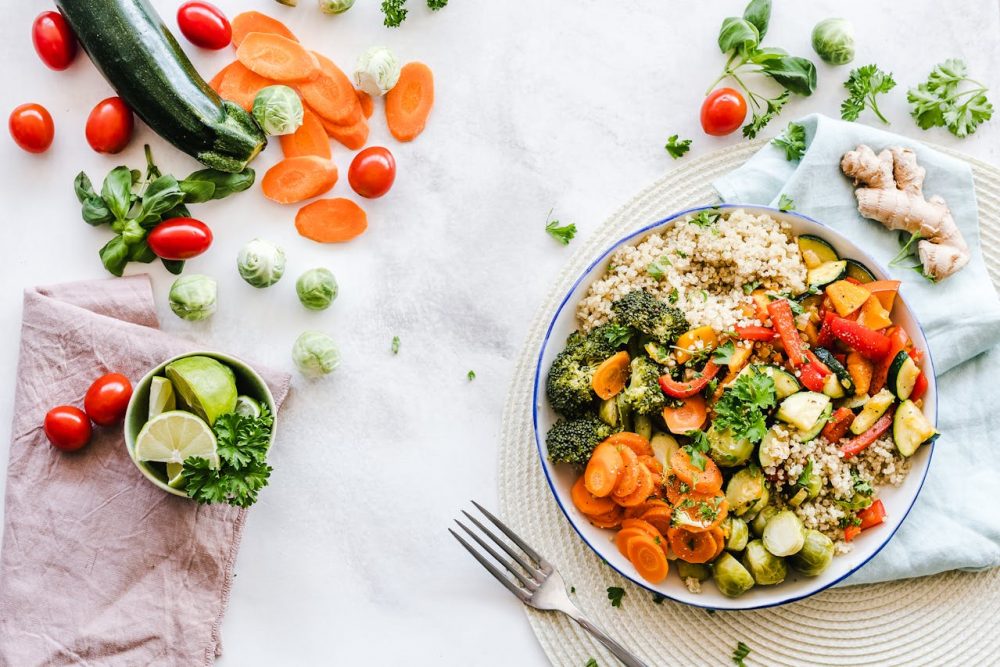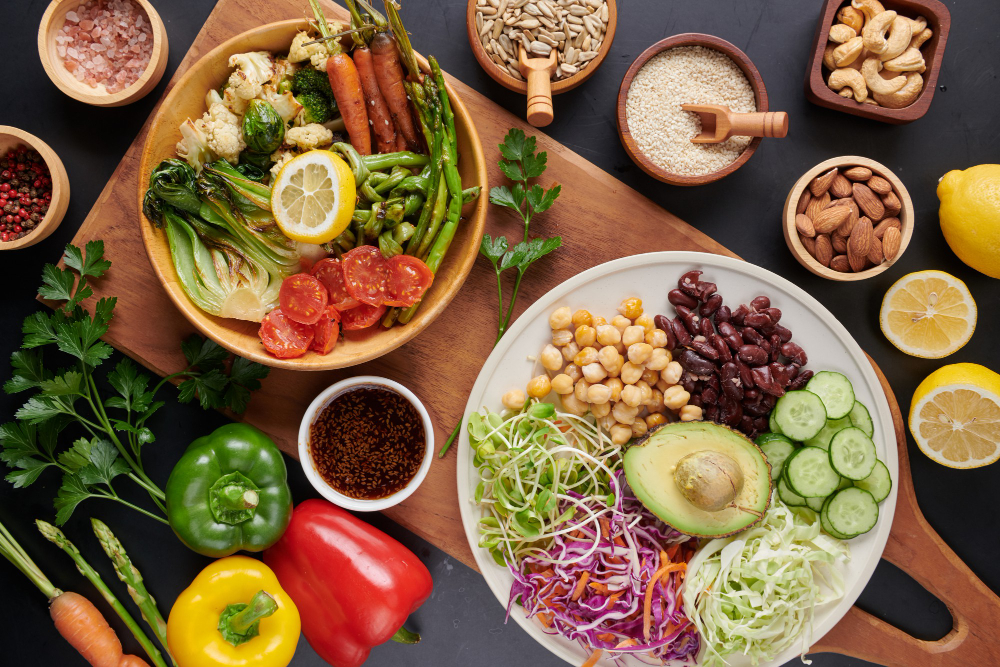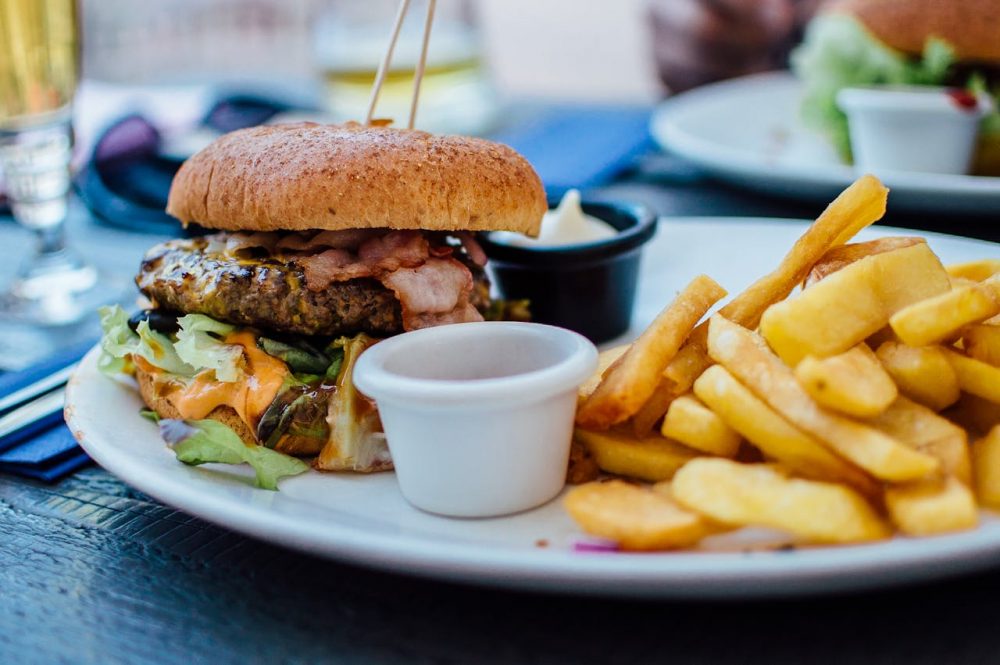What Is a Vegan Diet, Actually?
A vegan diet focuses on eating only plant-based foods - meaning no animal products or by-products. This includes avoiding meat and dairy from all sources. These include:
- Fish
- Eggs
- Honey
- And other animal-derived ingredients.

Anthony / Pexels / A vegan diet is a dietary plan that focuses on eating only plant-based foods.
Instead of relying on animal products for protein, vegans get their protein from legumes (beans, lentils), nuts, and seeds. Their diet also includes whole grains such as quinoa and fortified plant milk. The key to getting all the nutrients you need is to focus on variety in your meals and snacks. Thus, there are many vegan options available!
Health Benefits of a Well-Planned Vegan Diet
Adopting a vegan lifestyle has been linked to improved health outcomes related to heart disease, diabetes, and weight control. A balanced vegan diet can provide plenty of essential vitamins, minerals, protein, and healthy fats. Likewise, it can also reduce your intake of saturated fat and cholesterol, which are linked to an increased risk of heart disease.

Jill / Pexels / A well-planned vegan diet can help you avoid many physical and mental illnesses.
Studies have shown that a well-planned vegan diet may offer protection against some forms of cancer. This is because it is low in processed meats and higher in whole plant foods - both of which are associated with decreased cancer risks. Additionally, vegan diets tend to be high in dietary fiber, which helps support good gut bacteria and promotes regular bowel movements (which is important for overall health).
Getting Started With a Vegan Diet
If you are interested in exploring the benefits of a vegan lifestyle, it is important to do your research first. Start by reading up on vegan nutrition. So, you understand which nutrients you need to pay attention to and how to incorporate them into your meals. Then, start experimenting with plant-based recipes and see what works best for you.

Cats / Pexels / If you want to get started with a vegan diet, do your research first.
When shopping for food, look for products that are labeled “vegan” or have symbols like the green leaf symbol on them. This will help you identify foods that are free from animal products or by-products. Also, make sure to read nutrition labels carefully as some processed items may contain hidden animal ingredients.
Finally, do not forget about supplementation if needed. Vitamin B12 is not found naturally in a vegan diet, and some other vitamins are hard to get from plant-based sources. Talk to your doctor or nutritionist about which supplements may be right for you.
Following a vegan diet can be both nutritious and enjoyable. It is all about finding the right balance of foods that works for you. With the right knowledge and planning, you can reap the many health benefits of eating vegan!
So, make sure to educate yourself about plant-based nutrition and find the foods that make you feel your best. Have fun experimenting with different vegan recipes and exploring new flavors. Bonus points if you can create a vegan version of your favorite dish.










